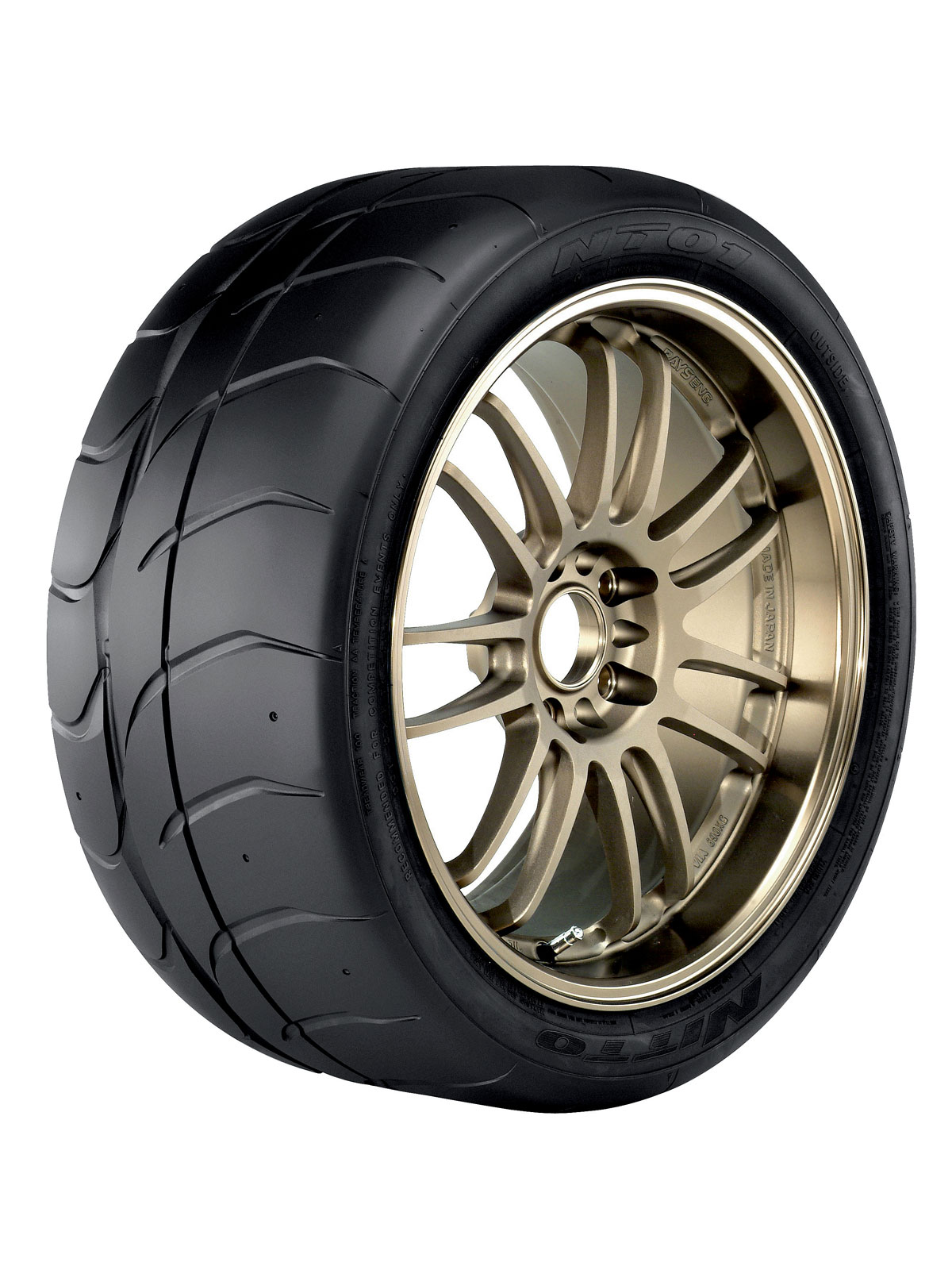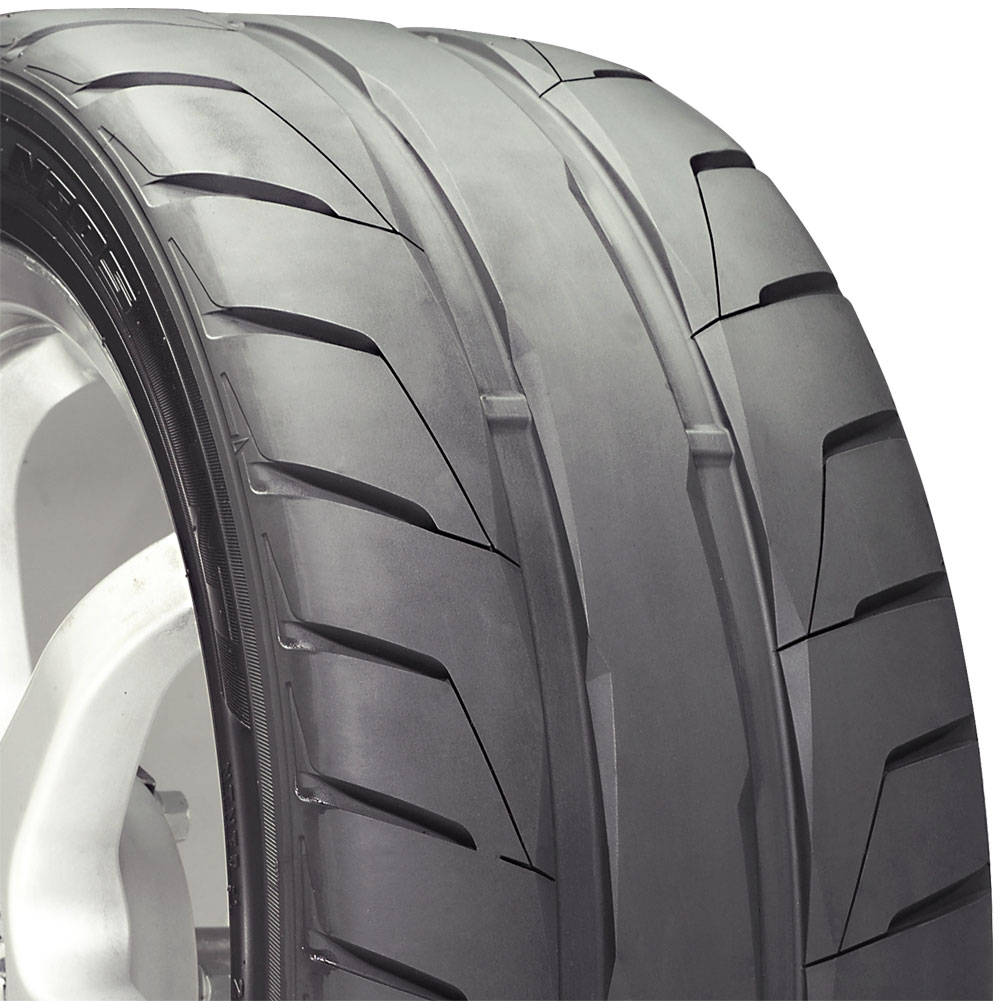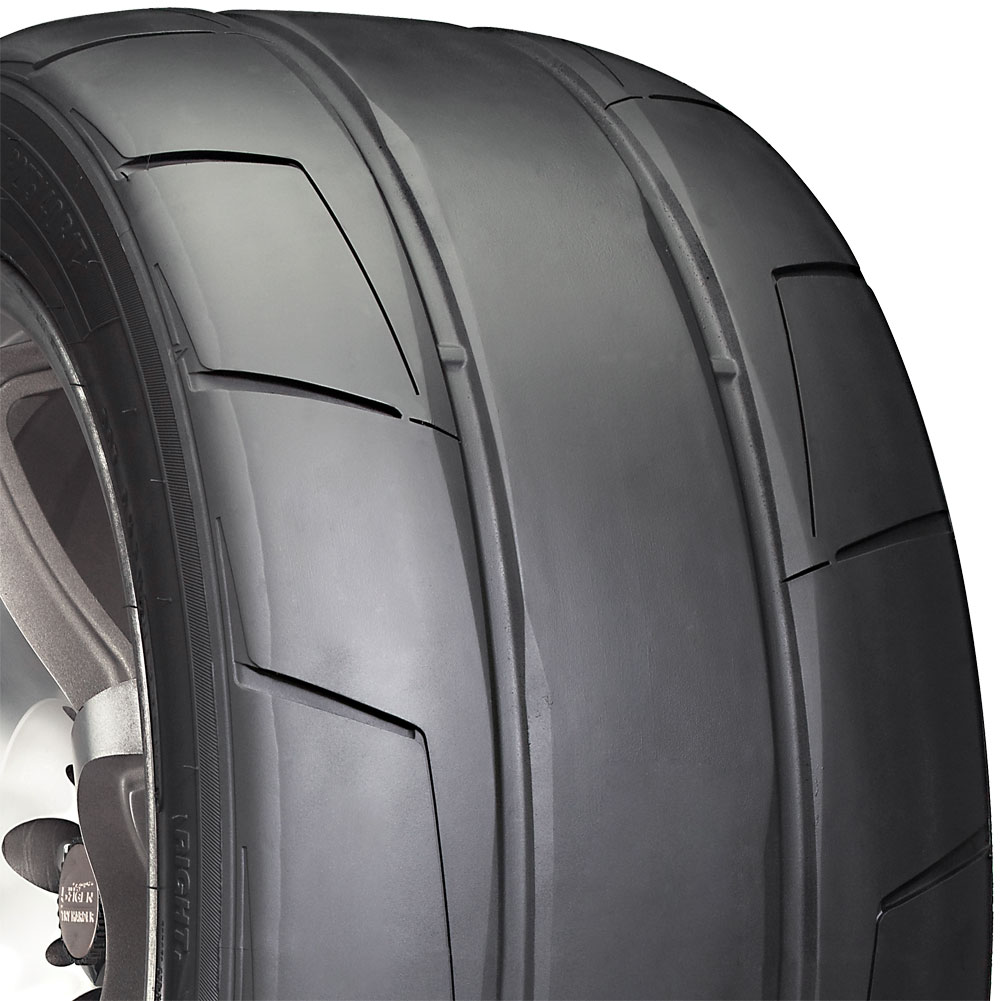Taking it to the Streets: DOT-Legal vs. DOT-Approved Tires

When you go to a track day, you may hear people talk about DOT-Legal R-Compound tires and DOT-Approved R-Compound tires. You’ll even hear that some of the tires you see racing in the SCCA are actually DOT-Legal but not “street-legal”. How is that? Why is it DOT-Legal, but not “street-legal”? We’re going to explain that in this article.

DOT-Legal and DOT-Approved are terms that are thrown about a lot in autocross, track day, and time attack circles. It may seem like two similar terms considering the DOT, or Department of Transportation, is the bureaucracy that deals with what makes things legal in the U.S. for all vehicles sold. Why can’t the terms be interchanged? DOT-Legal tires meet all of the requirements for hydroplaning, tread depth, construction, and more, but they do not make the tires approved if they are missing the markings and they meet the guidelines set by the DOT.

This, however, still doesn’t really make the tire “street legal” in some states. While there are competition-legal, DOT-approved tires out there, your state’s guidelines on vehicle safety will be the last word. If your tires do not meet those requirements for your state, then expect a fix-it ticket in your future.
